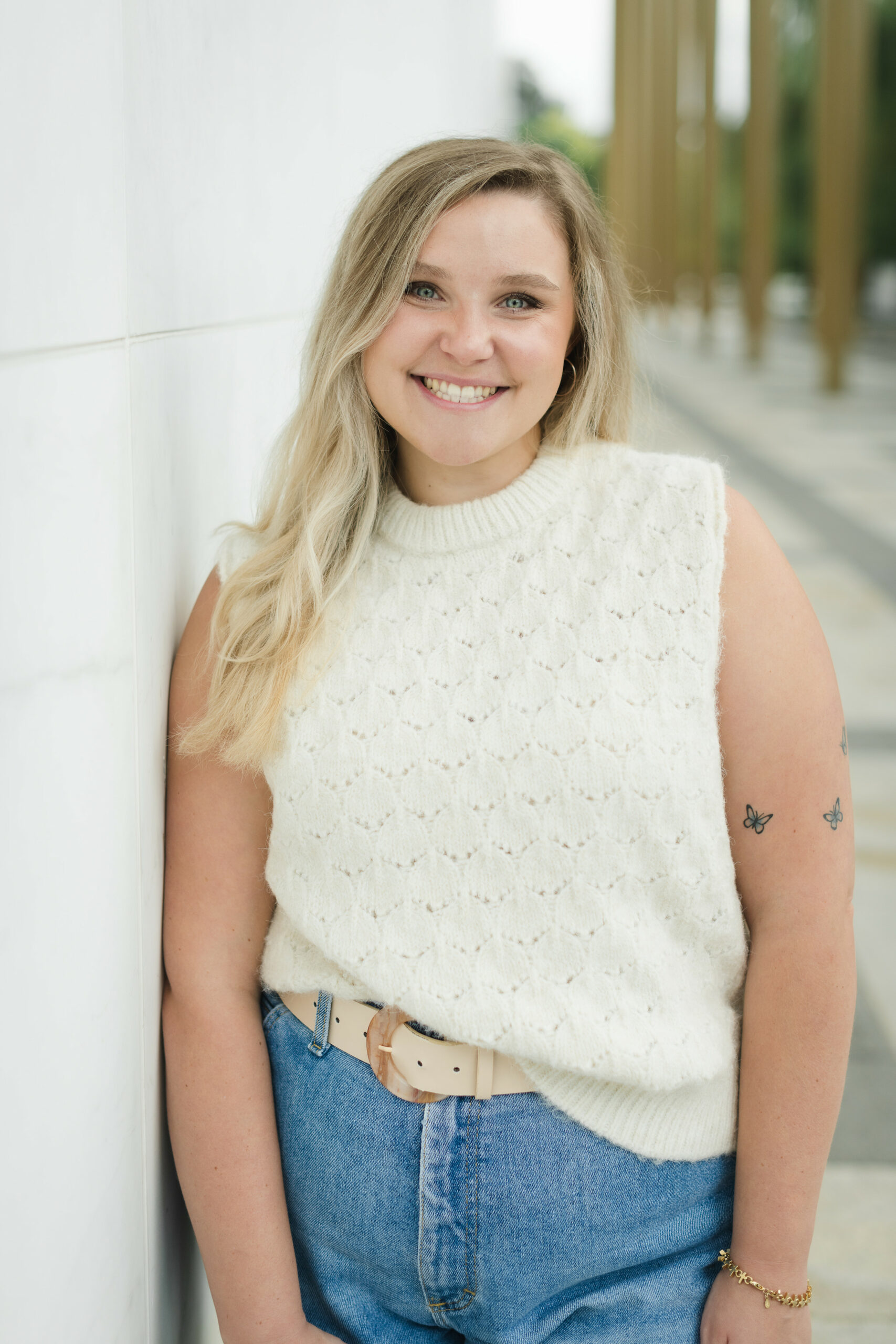As a clinician, one of our primary aims is to support clients in their journey toward mental and emotional well-being. When it comes to eating disorders, it’s important to recognize the signs that indicate a referral to a specialized eating disorder dietitian is necessary. Eating disorders are complex and sensitive issues that require expert care. In this blog, we’ll explore three important signs that would prompt you to refer your client or seek a dietitian specializing in eating disorders.
1. Obsession or Preoccupation with Food
One of the most common signs that raise concern is when your client displays an obsession or preoccupation with food. This can manifest in various ways, such as constant calorie counting, rigid meal planning, dieting, or an overwhelming focus on body weight and shape. When food becomes the center of their thoughts and daily life, it may be indicative of an underlying eating disorder.
An eating disorder dietitian can help develop a healthier relationship with food, emphasizing nourishment and food freedom rather than strict rules and restrictions. This can be the first step toward helping them break free from the shackles of food obsession.
2. Noticeable Changes in Eating Habits
Here are signs that should prompt a referral to an eating disorder dietitian is changes in your client’s eating habits. These changes may include:
- Restrictive Eating: When clients limit their food intake, eliminate food groups, or engage in diets.
- Binge Eating: Frequent episodes of consuming large amounts of food in a short period, often followed by guilt or shame.
- Purging Behaviors: Actions like self-induced vomiting, laxative or diuretic misuse, or excessive exercise to compensate for eating.
- Any challenges surrounding food as a result of co-occurring diagnoses such as ADHD, OCD, PTSD, and more.
Eating disorder dietitians are equipped to assess the client’s nutritional needs, develop meal plans, and offer support to address these behaviors. They work alongside therapists and other healthcare professionals to provide a comprehensive approach to recovery.
3. Emotional Distress Surrounding Food
Emotions play a significant role in eating disorders. If you notice that your client experiences intense emotional distress, anxiety, guilt, or shame surrounding food or their body image, it’s a clear sign that they may need the support of an eating disorder dietitian.
Dietitians are skilled in addressing the emotional aspects of disordered eating. They can help clients explore the underlying causes of their distress, develop coping strategies, and gradually rebuild a healthier relationship with food.
Consulting with Trusted Professionals and Seeking Supervision
While recognizing these signs is crucial, it’s equally important to remember that treating eating disorders should be a collaborative effort. Consultation with trusted professionals is essential. These clinicians can provide valuable insights and ensure a well-rounded approach to your client’s care.
Courage to Nourish offers clinical supervision for dietitians specializing in eating disorder work. We know how important it is to support fellow clinicians who are working alongside us in the trenches of our fat-phobic, diet-obsessed culture.
Final Thoughts on Seeking a Dietitian Specializing in Eating Disorders
Whether you’re seeking a dietitian specializing in eating disorders for your clients or for yourself, obsession with food, changes in eating habits, or emotional distress surrounding food, are all tell-tale signs that you may need a specialist. We know it may seem scary, but admitting you need help is the first step in the journey to self-care and recovery. By recognizing these signs and collaborating with experts, you can help your clients on their path to healing and a healthier relationship with food and their bodies.
Contact Us
Courage to Nourish is a group of eating disorder specialized dietitians. We have in person locations in Alexandria, Virginia, Columbia, Maryland. and College Park, Maryland. We offer virtual services across the state of Virginia, Washington DC, Pennsylvania, and Colorado. We offer individual nutrition therapy. As well as support groups. We would love to guide you in building a better relationship with food.
Emilee Young, RD, LD, is an eating disorder dietitian who serves Alexandria, VA, Richmond, VA, Charlottesville, VA, Norfolk, VA, Virginia Beach, VA, and Roanoke, VA. She provides in person services in our Alexandria, VA office and virtual services elsewhere. Emilee also sees clients who live in Maryland and DC.
Contact us for more information. And to schedule a discovery call. Also, sign up for our client or clinician newsletter!
Take one of our eating disorder quizzes:

I am a Registered Dietitian dedicated to helping those in recovery. I enjoy helping individuals work towards body acceptance and find food freedom. I am a fat-positive and anti-diet dietitian practicing from an intuitive eating lens. I enjoy working with folks who struggle with binge eating disorder (BED). I serve clients virtually and in person throughout DC and Maryland. Growing up in Virginia, I am passionate about supporting clients throughout the greater areas of Richmond, Virginia Beach, Charlottesville, and Roanoke.


